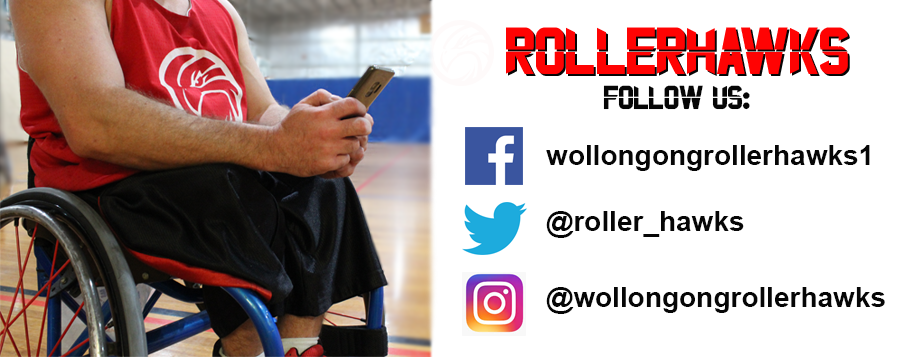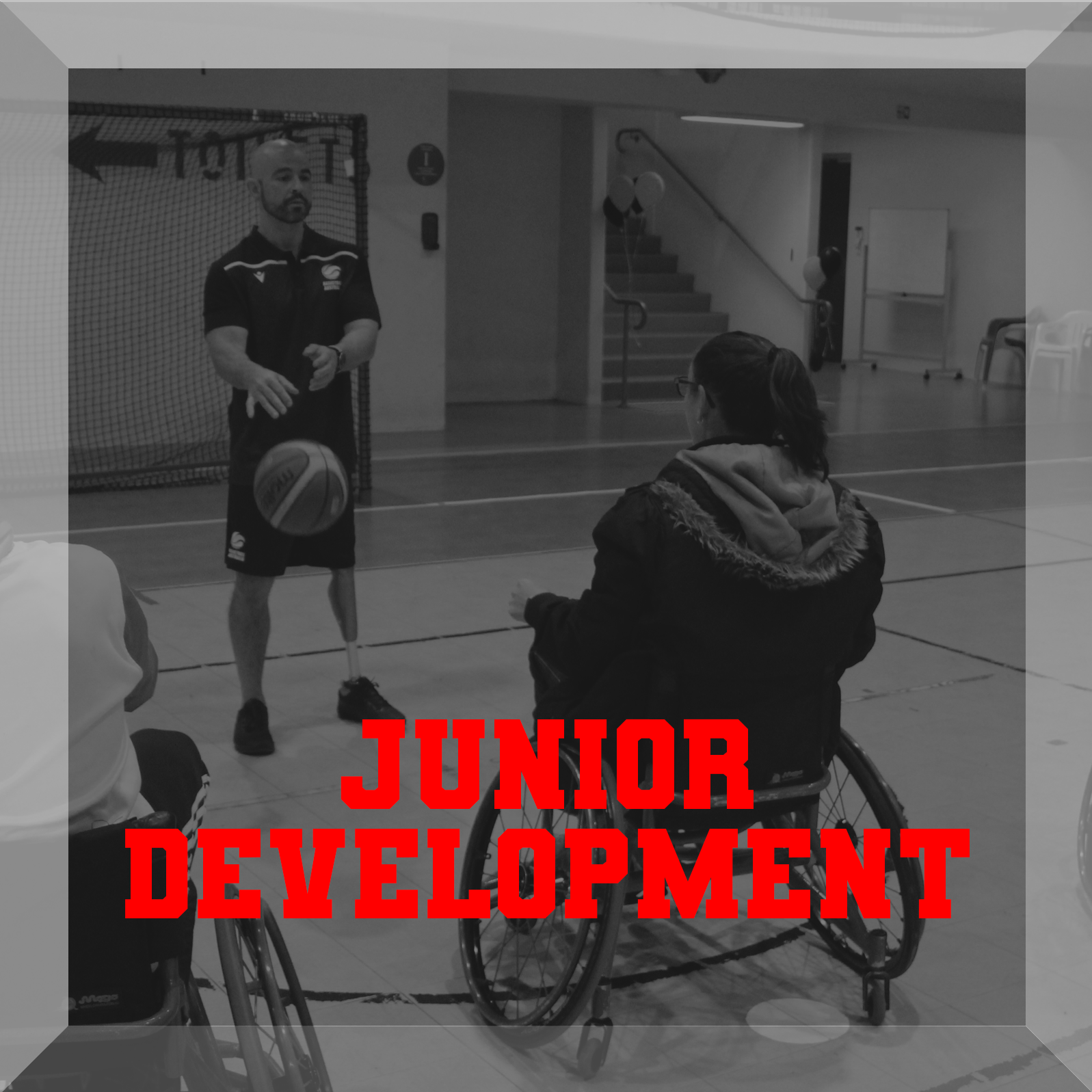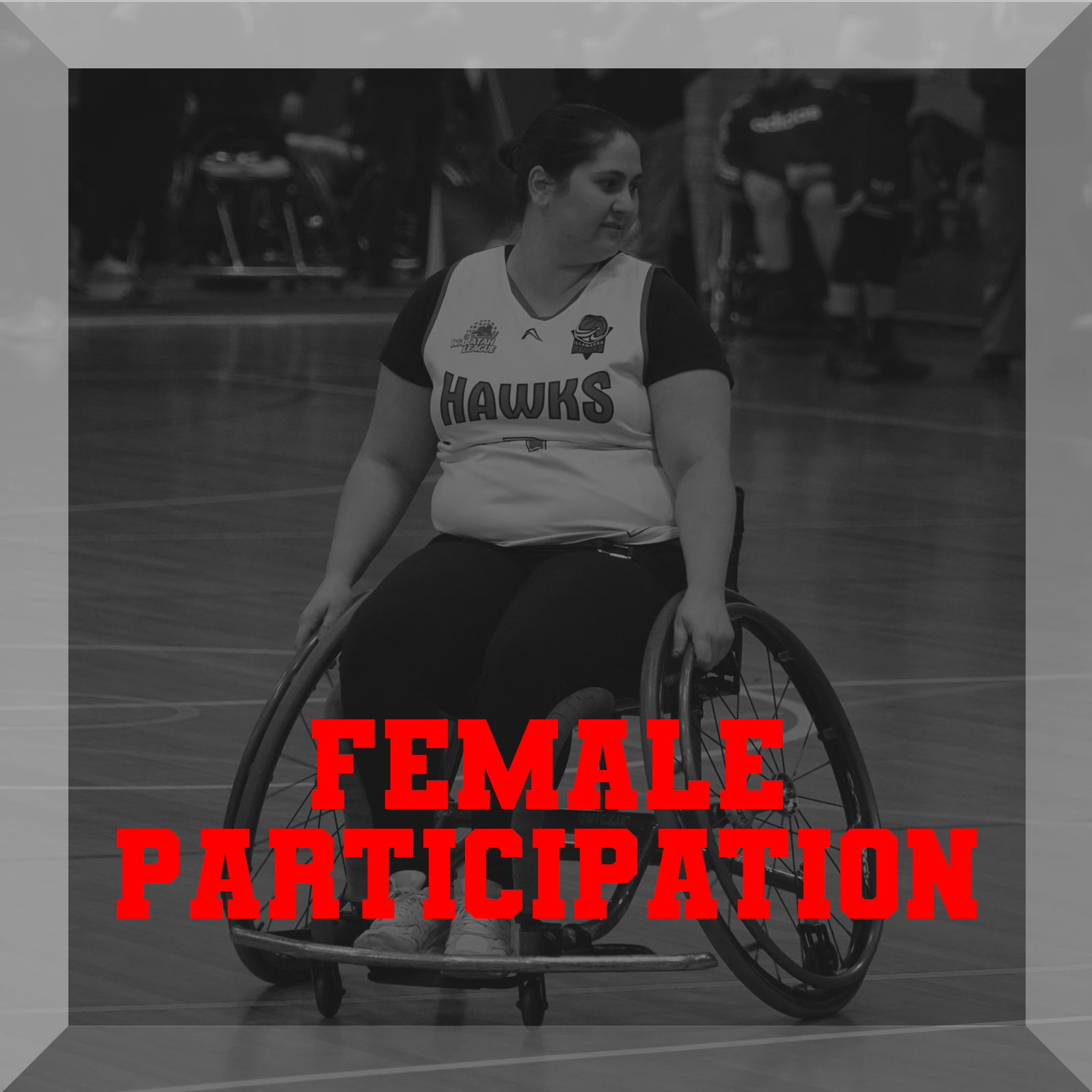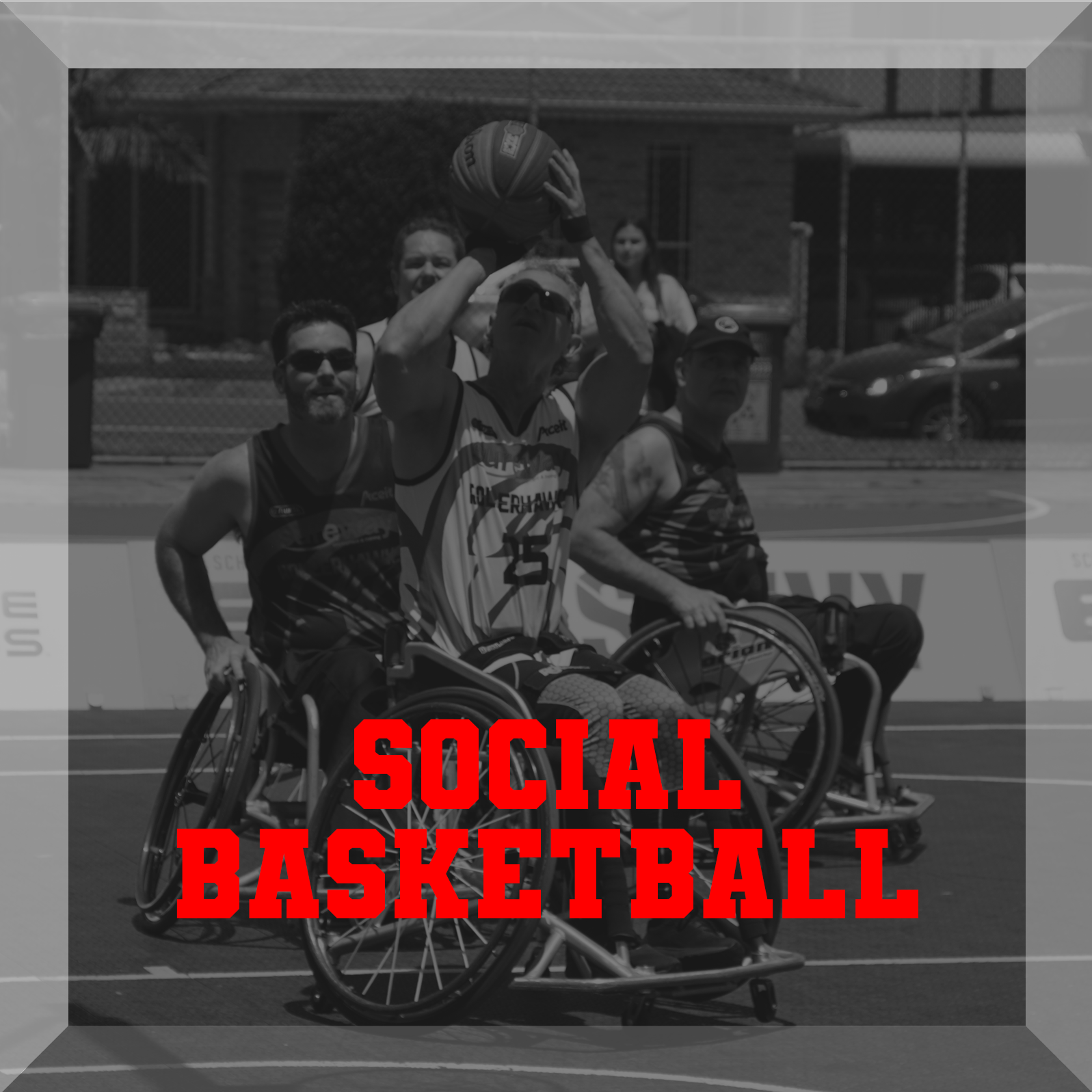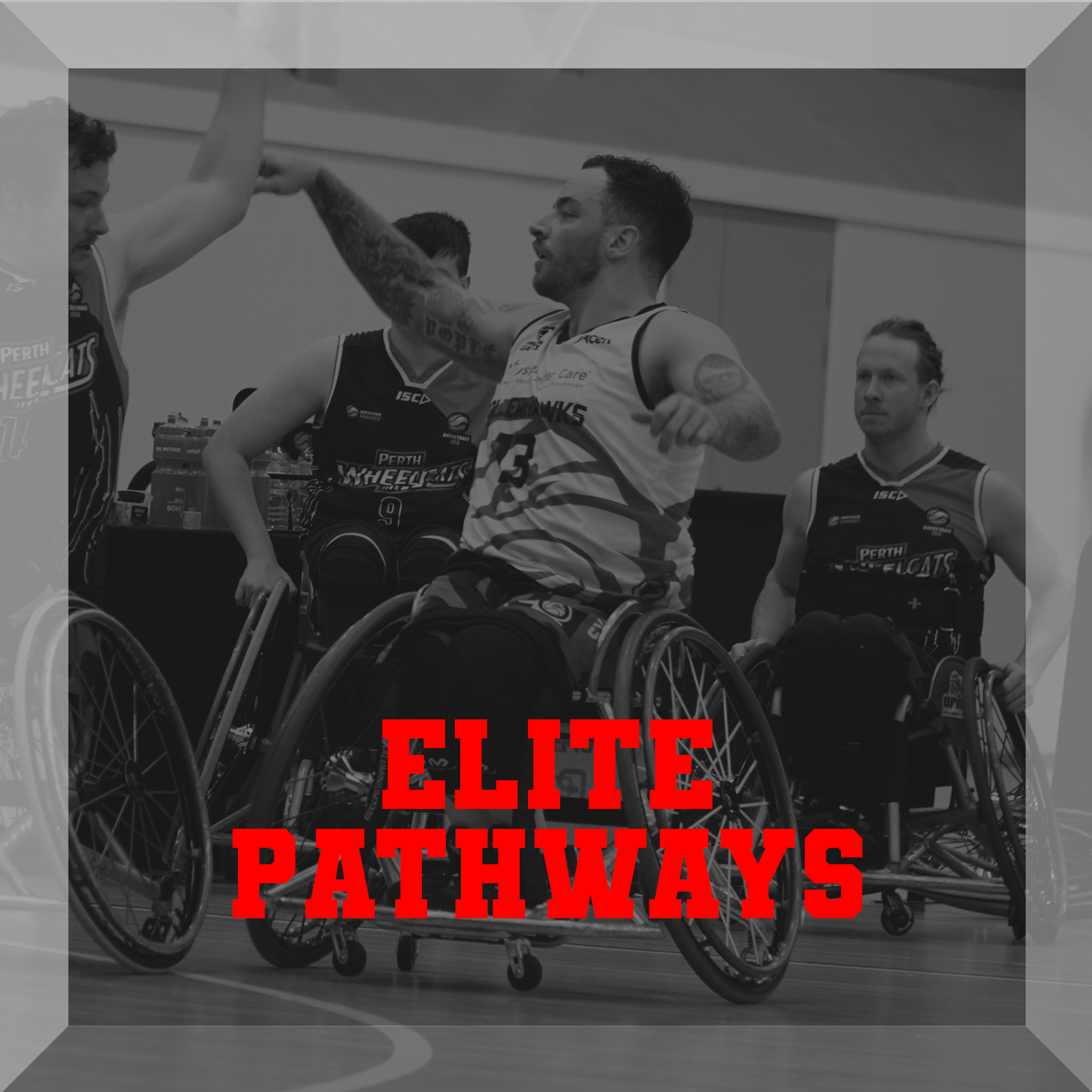Wheelchair Basketball
- helps with physical activity and overall health
- develops teamwork and sense of belonging
- increases self-esteem, confidence, camaraderie and social skills
- connects people with common circumstances
- improves overall motivation and determination
- builds independence

WHO CAN PLAY
Wheelchair basketball is open to players of all abilities including able-bods however to play at a national and international level, players must have a physical impairment that can be classified under the International Wheelchair Basketball Federation.
Soar 4 More is designed to identify and develop players with physical impairments who otherwise can’t play able-bodied sports.
| Impaired Muscle Power | Including spinal cord injury, muscular dystrophy, post-polio syndrome and spina bifida. |
| Impaired Passive Range of Movement | Including arthrogryposis and contracture resulting from chronic joint immobilisation or trauma affecting a joint. |
| Limb Deficiency | Players with Limb Deficiency have total or partial absence of bones or joints as a consequence of trauma, illness,) or congenital limb deficiency. |
| Leg Length Difference | Players with Leg Length Difference have a difference in the length of their legs as a result of a disturbance of limb growth, or as a result of trauma. |
| Hypertonia or Athetosis | Including cerebral palsy, traumatic brain injury and stroke. |
| Ataxia | Including cerebral palsy, traumatic brain injury, stroke and multiple sclerosis. |





